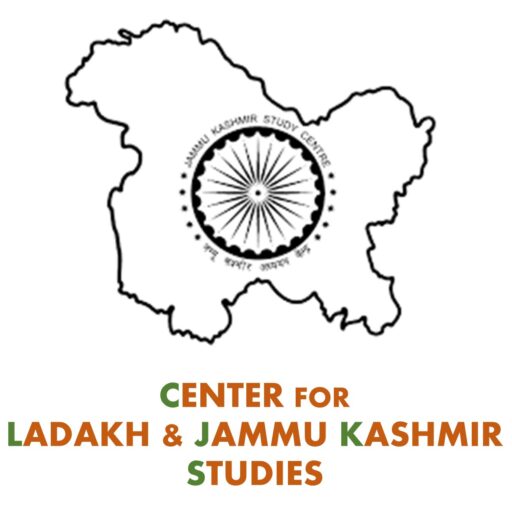Research
Research is the basis of all activities undertaken by Center for Ladakh, Jammu & Kashmir Studies(CLJKS). Our researchers are involved in the in-depth study of documents, field studies and extensive interactions with concerned people. CLJKS also collaborates with educational institutions and universities to facilitate students to conduct field studies in the state. The objective is to experience and understand grassroots issues and to help formulate strategies to develop areas of the state on social, economical and cultural parameters and integrate all state residents with the national development process.
CLJKS publishes its research and analysis through reports, books and newsletters.
Our main thrust areas are:
1- History
2- Culture
3- Geopolitics
The areas under the illegal occupation of Pakistan and China are high on our agenda. While certain vested interests have been trying to make the people of India forget these parts of our motherland, CLJKS strives to bring these areas back in focus through research. These areas include:
- Mirpur & Muzzafarabad and areas of Poonch district
- Gilgit-Baltistan
- Aksai Chin
- Sakshgam
4- Economy & Development
5- Legal and Constitutional Issues
Centre for Ladakh, Jammu & Kashmir Studies mainly focuses on analyzing various legal and constitutional documents relating to Jammu Kashmir, including accession and integration procedures, constitutional provisions, socio-political and economic rights of refugees and displaced persons in Jammu Kashmir, rights of SCs, STs, women and minorities living in the State.
6- Refugees, Displaced and weaker sections
Jammu Kashmir is home to lakhs of displaced persons and refugees. These are nationalist citizens of India who have been suffering for decades for no fault of theirs. In a country where there are organizations fighting for the rights of terrorists and separatists, these citizens are yet to gain the attention of the government and national media. CLJKS works for and with these people, trying to understand the issues affecting their lives. These categories are:
- Kashmiri Pandits (KPs): Kashmiri Hindus, primarily Pandits, were forced to flee their home in the 1990s by so-called ‘militants’ in one of the worst cases of ethnic cleansing seen in independent India. They were then lodged in camps that lacked even the most basic of facilities. Till today, lakhs of KPs are awaiting return to their homes.
- PoJK Refugees: Migrated from Pakistan-occupied Jammu Kashmir in view of Pakistani aggression in 1947. They are yet to be settled permanently. They mainly belong to Mirpur, Muzaffarabad, Kotli, Bhimber and various parts of Gilgit and Baltistan.
- West Pak Refugees: Migrated to J&K in 1947 at the time of Partition due to attacks from Muslims in Pakistan. Most of them settled in Jammu as it was the closest town across the line of Partition. Many of them already had relatives in Jammu region, so taking refuge in the area was the most natural option for them. The J&K administration had ‘welcomed’ them at the time. After 68 years, they are yet to be recognized as ‘permanent residents’ (PRC holders), which means some basic facilities and rights are denied to them such as right to education in government institutes, right to apply for jobs in government sector, right to vote in J&K Assembly/Panchayat elections etc.
- War-affected families: Hundreds of families have been displaced in the wake of various Pakistani invasions, resulting in Indo-Pak wars.
- Terrorism-affected people – Terrorism has affected both Jammu and Kashmir regions of the state. The families affected by terrorism and related violence face various kinds of problems.
